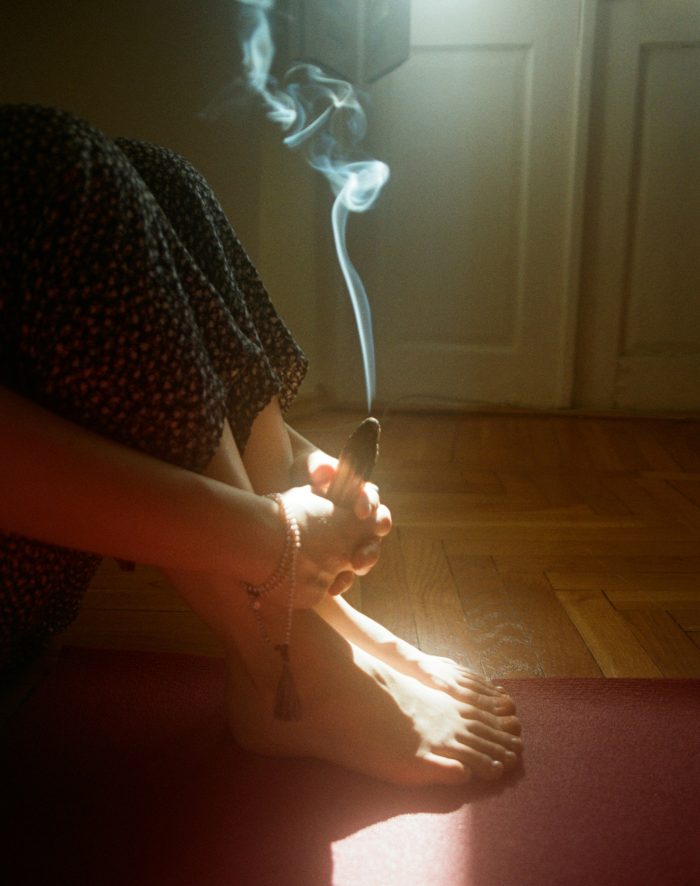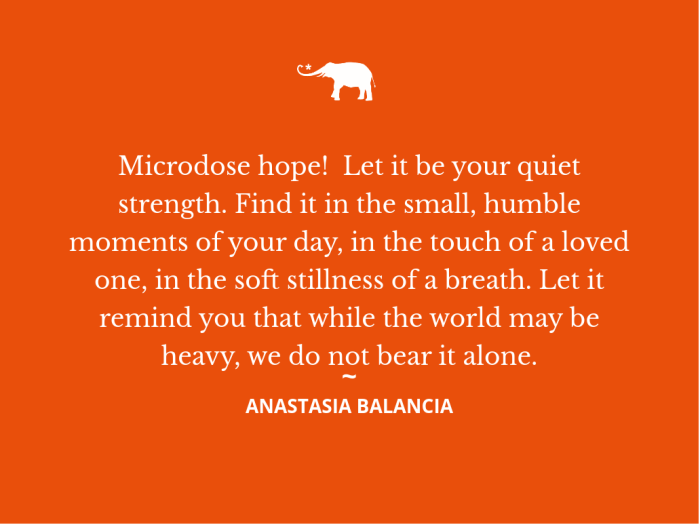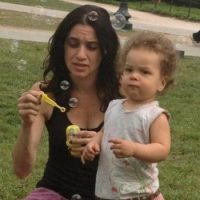Microdosing Hope: a Mother’s Search for Resilience Amid Generational Trauma and Uncertain Times.
There is a quiet hour just before dawn when the world is still, and I sit alone with my thoughts.
The past few years have brought a relentless wave of division, fear, and exhaustion. The future feels like a tunnel—one filled with shadows and echoes of struggles past.
As we move toward January 20, I find myself asking the same questions over and over: What legacy am I leaving for my children? What wounds are they inheriting? And how do I protect them when the world feels this fractured?
As a mother, I am the first witness to their innocence. They look to me to understand this world, and it’s a world I sometimes struggle to show them. All I have is this moment—and the choice to find hope, to dose myself with it in the smallest ways, even when it feels fragile.
Hope as a Pathway Through Suffering
Hope, especially now, feels delicate, almost fragile. But perhaps hope isn’t something that must arrive whole and unwavering. Maybe it’s something we cultivate in small doses—each quiet moment, a single breath, a small kindness. Hope, I am learning, can be something we nurture like a fragile plant in winter. As the Lotus Sutra reminds us, “At all times, I think to myself: How can I cause living beings to gain entry into the unsurpassed way and quickly acquire the body of a Buddha?” This isn’t about grand transformation. It’s about making room for the smallest signs of light.
In my own journey with bipolar disorder, I’ve learned that hope can arrive in fragments, like scattered stars in the night sky. On some days, when my illness feels overwhelming, hope isn’t a sweeping vision of a better world; it’s a quiet reminder, a moment of presence. It’s holding my child’s hand, pausing to breathe, and choosing to carry on. This practice of microdosing hope has become a lifeline, a way to be both vulnerable and resilient. It’s an act of faith that, piece by piece, our suffering can be transformed into something beautiful.
Observing Generational Trauma: A Legacy We Carry Forward
As we step into this post-election world, I feel the presence of history, of wounds that stretch back through generations. The rise of Trump, with its intense divisions and reverberations, feels like an echo of traumas we have yet to fully reckon with—a lineage of hurt that we may be handing down to our children. What does it mean for them to grow up in this world, to inherit not only its wonders but its unresolved pain?
Buddhism reminds us that suffering is an inevitable part of life, yet also a gateway to compassion. Thich Nhat Hanh wrote, “The miracle is not to walk on water. The miracle is to walk on the earth in peace.” And so, as a mother, I wonder if my role is not to shelter my children from all suffering but to teach them how to meet it with open hearts. In this way, I hope to break cycles, to ease the burden of inherited wounds, and to offer them a path that is gentle, resilient, and whole.
Consciousness: The Observer and the Observed
Living with bipolar disorder, I am intimately aware of my own mind as both the observer and the observed. In moments of reflection, I can see myself not only as a mother, navigating a fractured world, but as a participant in a larger, shared consciousness. In Buddhism, we are taught that all things are interconnected, that there is no separation between the individual and the whole. This awareness becomes a way of holding both my personal pain and the suffering of the world as part of a larger story—a story that is not yet written, that unfolds as we choose to observe and participate in it.
There is an old Buddhist teaching that says, “You, yourself, as much as anybody in the entire universe, deserve your love and affection.” In moments of fear and uncertainty, I come back to this truth. Hope, I realize, is not something I have to carry alone; it is a presence that holds us all, an interconnected consciousness that makes each small act of kindness, each quiet moment, a testament to our shared humanity. This is where hope lives—not in a distant promise but in the act of reaching for it, of being both the witness and the participant in our journey toward something better.
Microdosing Hope in a Post-Election World
If hope can be something small, something we microdose to find our way forward, how do we apply it in this uncertain time, in the wake of a presidency that has exposed and exacerbated deep fractures in our society? We begin by recognizing that hope is not a passive state; it is a choice, a daily practice. To microdose hope is to infuse our lives with moments of light and connection, to ground ourselves in small acts of love, of resilience, of compassion.
Emerson once said, “What lies behind us and what lies before us are tiny matters compared to what lies within us.” This quote reminds me that hope, while fragile, is powerful. It lives within us, an expression of consciousness that remains steady even in the face of despair. To microdose hope, then, is to trust that even the smallest actions—listening, pausing, offering a kind word—carry within them the potential for healing.
Moving Forward: A Practice of Presence and Compassion
As January 20 approaches and we step into a new chapter, I am reminded of the Buddhist teaching of metta, or loving-kindness. Metta is the practice of holding others in our hearts with compassion, a practice that allows us to soften, to meet each other with empathy rather than division. For me, this means teaching my children that strength is not in hardness but in vulnerability, that resilience is found not in hiding from pain but in facing it together.
So, to anyone reading this, I extend a simple invitation: let us microdose hope. Let us find it in our daily lives, in the soft moments that allow us to be both vulnerable and strong. May we each become part of a lineage of healing, choosing to walk forward with gentleness and courage.
Hope does not need to be loud or grand; it can live in a single breath, in the quiet resolve to carry on. Let it remind us that while the world may feel heavy, we are not alone. Each small act of hope is a gift—to ourselves, to our children, to those who will walk after us. And in this shared journey, we become not only mothers, fathers, and children—we become part of a greater force, a consciousness that holds the power to transform.
May we find peace in each step. May we walk, together, into a future that is softened by our love, strengthened by our resilience, and illuminated by our choice to carry hope, even in the smallest doses.


 Share on bsky
Share on bsky






Read 3 comments and reply